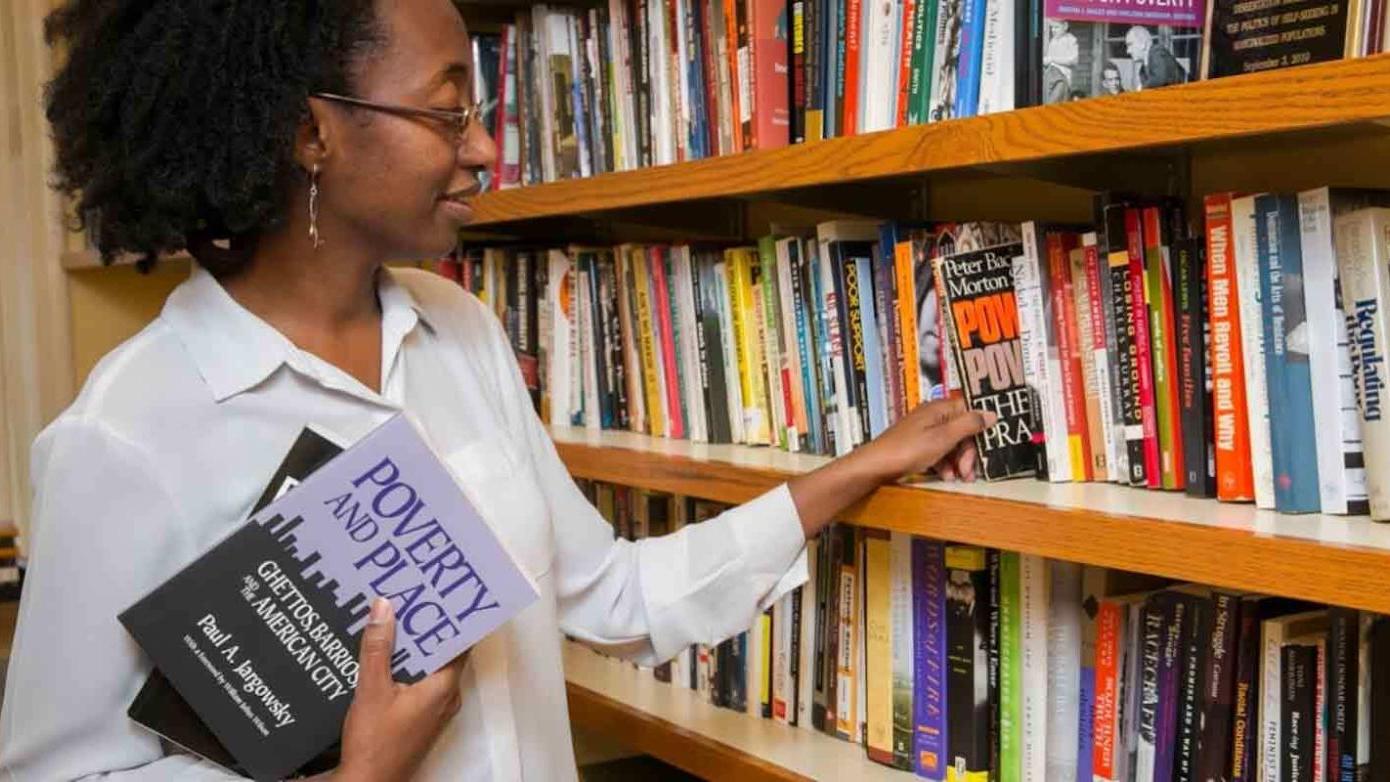

 Department Homepage
The College of Arts & Sciences
Department Homepage
The College of Arts & Sciences

Research in the Department of Government is methodologically and substantively diverse. Areas of particular strength include international relations theory; international security; international political economy; Chinese politics and foreign policy; American political development; political psychology; public opinion; and American political thought. Below you will find a sample of recent books and ongoing projects.
Conventional wisdom holds that the rising middle classes are a force for democracy. Yet in post-Soviet countries like Russia, where the middle class has grown rapidly, authoritarianism is deepening. Challenging a basic tenet of democratization theory, Bryn Rosenfeld shows how the middle classes can actually be a source of support for autocracy and authoritarian resilience, and reveals why development and economic growth do not necessarily lead to greater democracy.
The Autocratic Middle Class was awarded the 2022 Best Book Prize by the American Political Science Association’s Democracy & Autocracy section and a William Riker Award Honorable Mention for the best book in Political Economy published in the past two years.
Mainstream international relations continues to assume that the world is governed by calculable risk based on estimates of power, despite repeatedly being surprised by unexpected change. In this ground-breaking work, Peter Katzenstein and Lucia Seybert depart from existing definitions of power that focus on the actors’ evolving ability to exercise control in situations of calculable risk. It introduces the concept of ‘protean power,’ which focuses on the actors’ agility as they adapt to situations of uncertainty. Protean Power uses twelve real world case studies to examine how the dynamics of protean and control power can be tracked in the relations among different state and non-state actors, operating in diverse sites, stretching from local to global, in both times of relative normalcy and moments of crisis. Katzenstein and Seybert argue for a new approach to international relations, where the inclusion of protean power in our analytical models helps in accounting for unforeseen changes in world politics.
Plato set his dialogues in 5th century BCE, when written texts were disseminated primarily by performance and recitation. He wrote them in the 4th century, when literacy was expanding. Jill Frank argues that there are unique insights to be gained from appreciating Plato’s dialogues as texts to be read—and reread. At the center of these insights is the analogy in the dialogues between becoming literate and coming to know or understand something, and two different ways of learning to read. One approach treats literacy as a top-down affair, in which authoritative teachers lead students to true beliefs. Another, recommended by Socrates in the Republic, encourages trial and error and the formation of beliefs based on students’ own cognitive and sensory experiences. The first approach to learning to read aligns with philosophy as authoritative knowledge and politics as rule by philosopher-kings. Following the second approach, Poetic Justice argues that the Republic neither endorses nor enforces fixed hierarchies in knowledge and politics but offers instead an education in ethical and political self-governance, one that prompts citizens to challenge all claims to authority, including those of philosophy.
Sabrina Karim and Kyle Beardsley argue that gender power imbalances between the sexes and among genders place restrictions on the participation of women in peacekeeping missions. Sabrina was awarded the Conflict Research Studies Best Book Prize for 2017 for this new book.
The rise of mass incarceration in the United States is one of the most critical outcomes of the last half-century. Incarceration Nation offers the most compelling explanation of this outcome to date. This book combines in-depth analysis of Barry Goldwater and Richard Nixon's presidential campaigns with sixty years of data analysis. The result is a sophisticated and highly accessible picture of the rise of mass incarceration. In contrast to conventional wisdom, Peter K. Enns shows that during the 1960s, 70s, 80s, and 90s, politicians responded to an increasingly punitive public by pushing policy in a more punitive direction. The book also argues that media coverage of rising crime rates helped fuel the public's punitiveness. Equally as important, a decline in public punitiveness in recent years offers a critical window into understanding current bipartisan calls for criminal justice reform

Tiktok has signed a deal to spin off its U.S. business, but it remains unclear how effectively the new framework will address the initial national security threat concerns, says government professor Sarah Kreps.
Read more
December graduates walk the stage this month, so we sat down for a talk with three A&S grads who’ve taken different pathways through Cornell.
Read more
Thailand and Cambodia have long had fraught relations, professor Tom Pepinsky says after Thailand’s military launched air strikes along the Thailand-Cambodia border.
Read more
Scholars converged at Cornell to talk about lessons policymakers and elected officials could glean from their research into the COVID pandemic to help deal with the next public health emergency.
Read more
Leaders celebrated the Levinson Program and joined other Cornell delegates at the Cornell-China Forum.
Read more

The Cornell Center for Social Sciences offers multiple grants to help Cornell faculty maximize their research impact. These awards help seed ambitious projects and provide support to teams of faculty applying to major external funding and collaboration opportunities.
Read more

“Chile's vibrant democracy faces a new challenge in a highly polarized second-round presidential election" Dec. 14, says Ken Roberts, professor of government.
Read more
"I got a taste of what neuroscience research is really like."
Read more